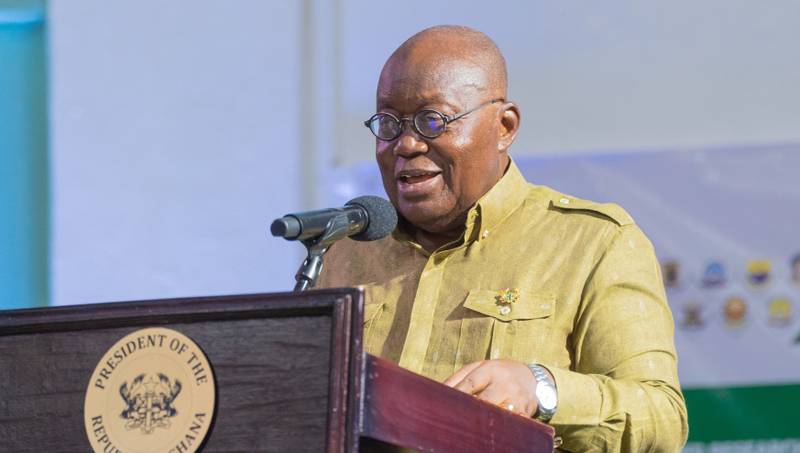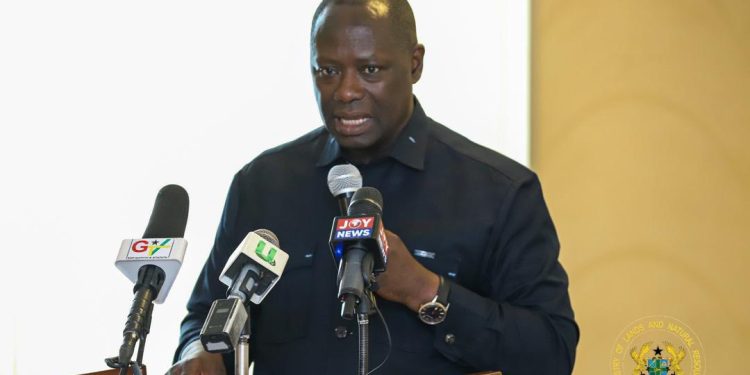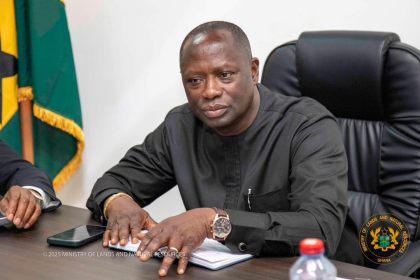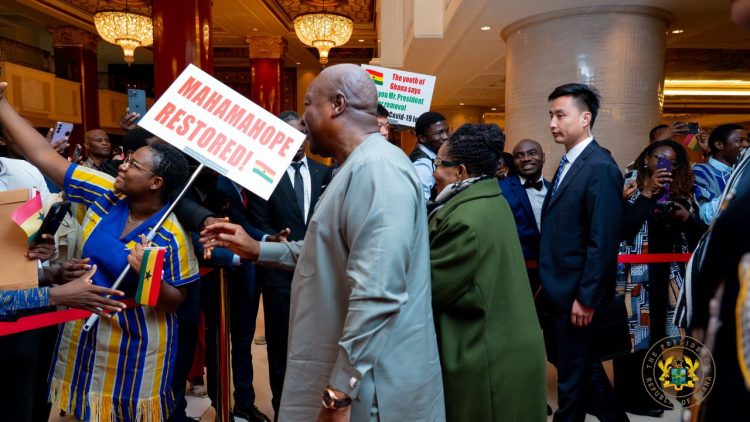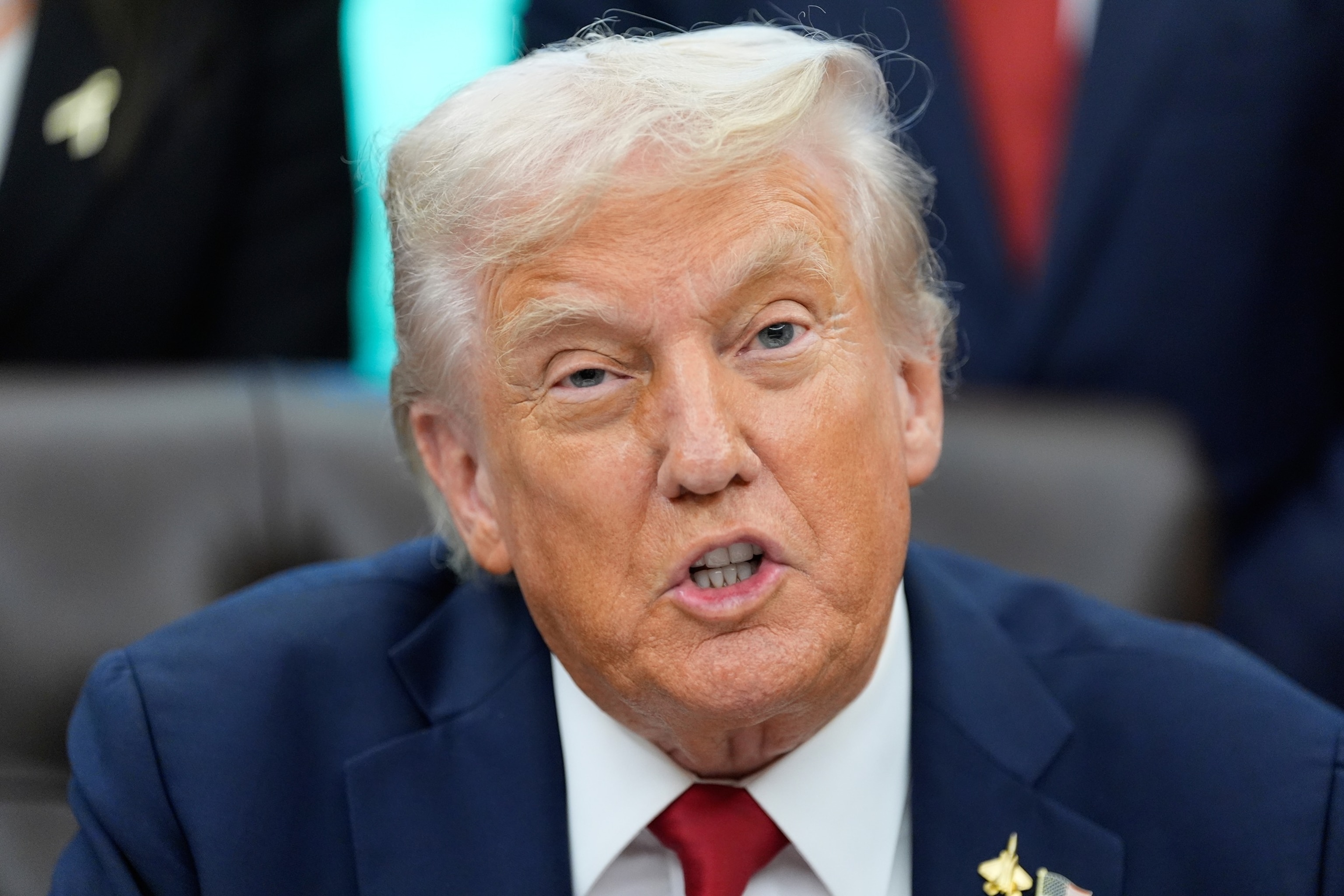Former President Nana Addo Dankwa Akufo-Addo on Thursday described the country’s 2023 sovereign debt restructuring under the G20 Common Framework as the “darkest episode” of his presidency, citing the social and economic toll of the process despite its macroeconomic gains.
Speaking at an AU-EU High-Level Seminar on the sidelines of the African Union–European Union Summit in Brussels, Akufo-Addo said the $13 billion restructuring of Ghana’s Eurobonds and the $10.5 billion in external debt service relief secured through 2026 provided only temporary economic relief and came at a high human cost.
“I witnessed the suffocating grip of debt on our economy and our citizens,” he said, addressing African and European leaders. “This deeply troubled me—and still does.”
Ghana’s restructuring, which supported a broader International Monetary Fund program, helped lower the country’s debt-to-GDP ratio from the mid-80% range to 70.5%, and restored some investor confidence. But Akufo-Addo said the adjustment process disproportionately affected vulnerable populations, including pensioners, young workers, and small investors.
“The most painful part was the impact on ordinary people,” he said. “Pensioners, young people, and small investors saw their lives and livelihoods shattered.”
Looking beyond Ghana, Akufo-Addo framed Africa’s $1 trillion sovereign debt burden as evidence of deeper structural inequities in global finance. More than 30 African nations, he noted, now spend more on interest payments than on public health.
“Every dollar diverted to creditors is a dollar taken from a hospital, from a child’s vaccination, from a community’s future,” he said. “This is not economics—it is inequity.”
Calling for systemic change, Akufo-Addo urged the international community to pursue immediate debt service suspension, comprehensive restructuring mechanisms, and expanded access to concessional finance. He emphasized that such relief should not be seen as an act of generosity but one of global justice.
“Debt relief for Africa is not an act of generosity. It is an act of justice,” he declared.
He also proposed a new mechanism—Debt Relief for Green Investment and Resilience—that would tie debt cancellation to climate adaptation and sustainability efforts, positioning climate action as a core component of sovereign debt solutions for developing economies.



